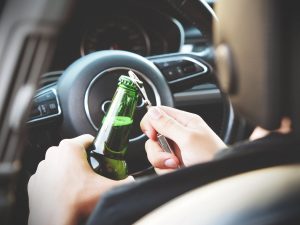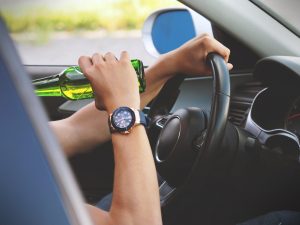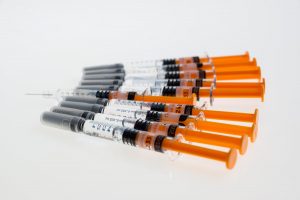As long-time Fort Lauderdale DUI defense attorneys, we’ve encountered plenty of cases where defendants were arrested for drunk driving on America’s birthday (July 4th), around the holiday recognized for Jesus Christ’s birth (Dec. 25th) and of course the birth of each new year (Jan. 1st). Still, there is one holiday that sometimes gets overlooked as one accompanied by a seemingly higher risk of DUI arrest: Your own birthday.
Studies (including one published in the Journal of Consulting and Clinical Psychology) have shown binge drinking is especially common on one’s 21st birthday, though the research didn’t specifically indicate this directly correlated with an uptick in drunk driving for celebrants. (It should be noted that if you are out celebrating your 21st birthday and are stopped prior to midnight on your actual birth date, the threshold for intoxication is far more stringent, the legal limit being 0.02 blood-alcohol concentration versus 0.08.)
Recently, R&B singer Marcus Cooper, Florida native, member of the hip-hop group Pretty Ricky and reality show cast Love & Hip Hop: Miami, made headlines for a recent birthday DUI arrest in Miami Beach. Vibe Magazine reported a Miami Beach police officer clocked Cooper’s SUV speed at 100 mph in a 45 mph lane around 3:45 a.m. The officer alleged he witnessed the driver, later identified as Cooper, swerving and coming dangerously close to a collision with another vehicle. Interestingly despite this account, the officer officially cited the dark tint on the vehicle’s windows as the reasonable cause for initiating the traffic stop. The singer agreed to undergo a field sobriety test (which, side note, is not required by state law the way chemical alcohol and drug testing is under F.S. 316.1932, Florida’s implied consent statute). The officer reported the singer’s bloodshot eyes, slurred speech and comment that he’d been “partying for his birthday.” Defendant allegedly blew more than twice the legal adult driver alcohol limit of 0.08. The officer further alleged resistance and threats to phone a few famous friends. In an Instagram video (later deleted), Cooper lamented his 38th birthday was ruined and denied the charges, which in addition to DUI include resisting arrest without violence, reckless driving and driving with a suspended license. Continue reading

 Fort Lauderdale Criminal Attorney Blog
Fort Lauderdale Criminal Attorney Blog











